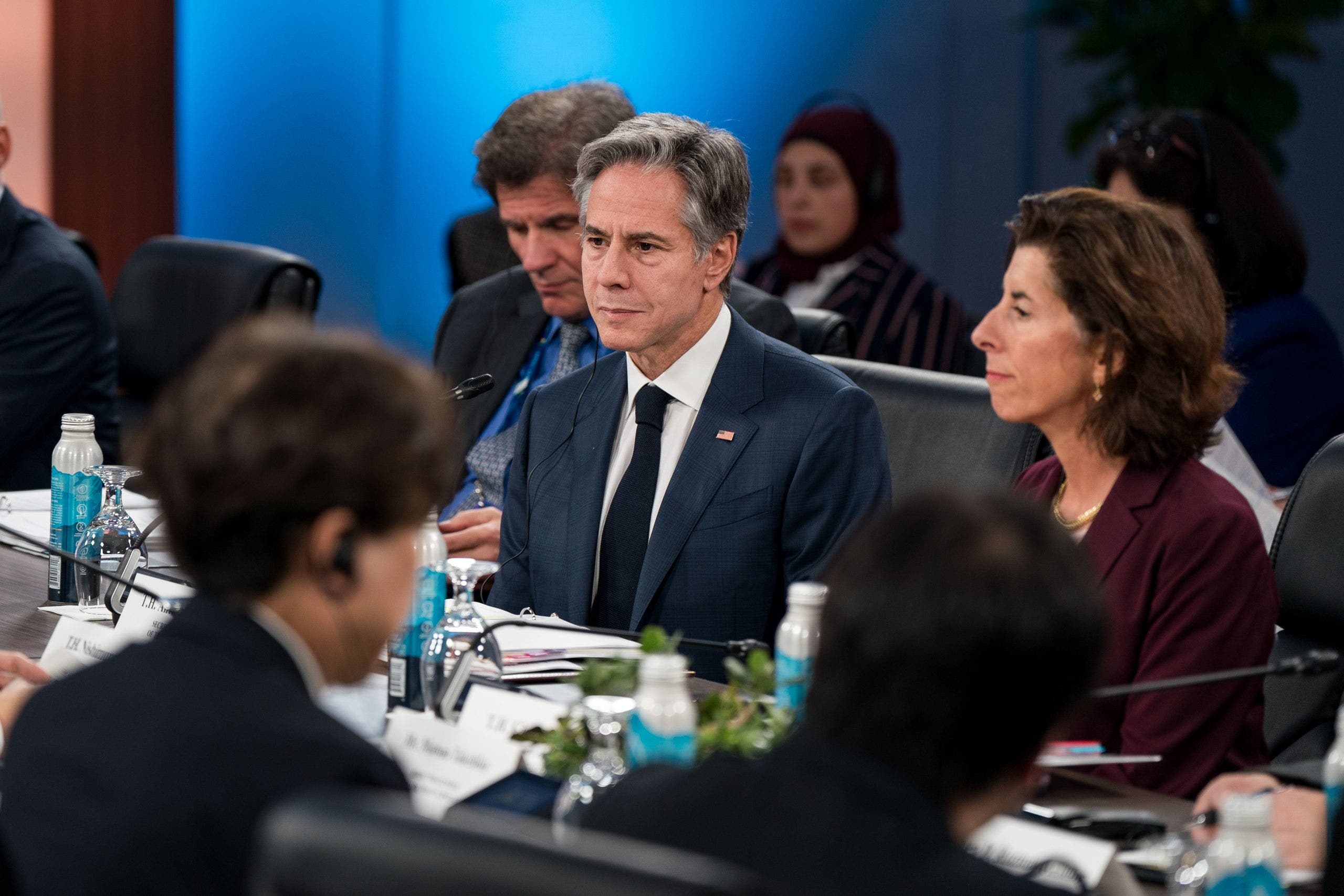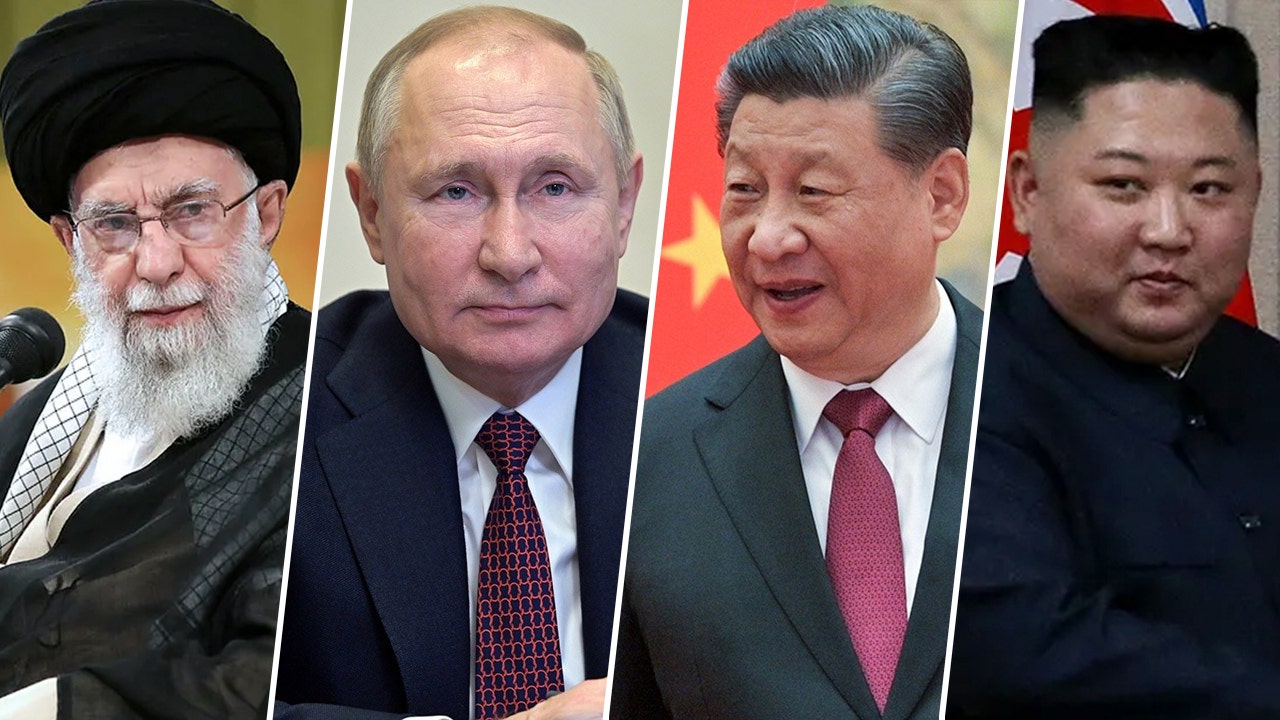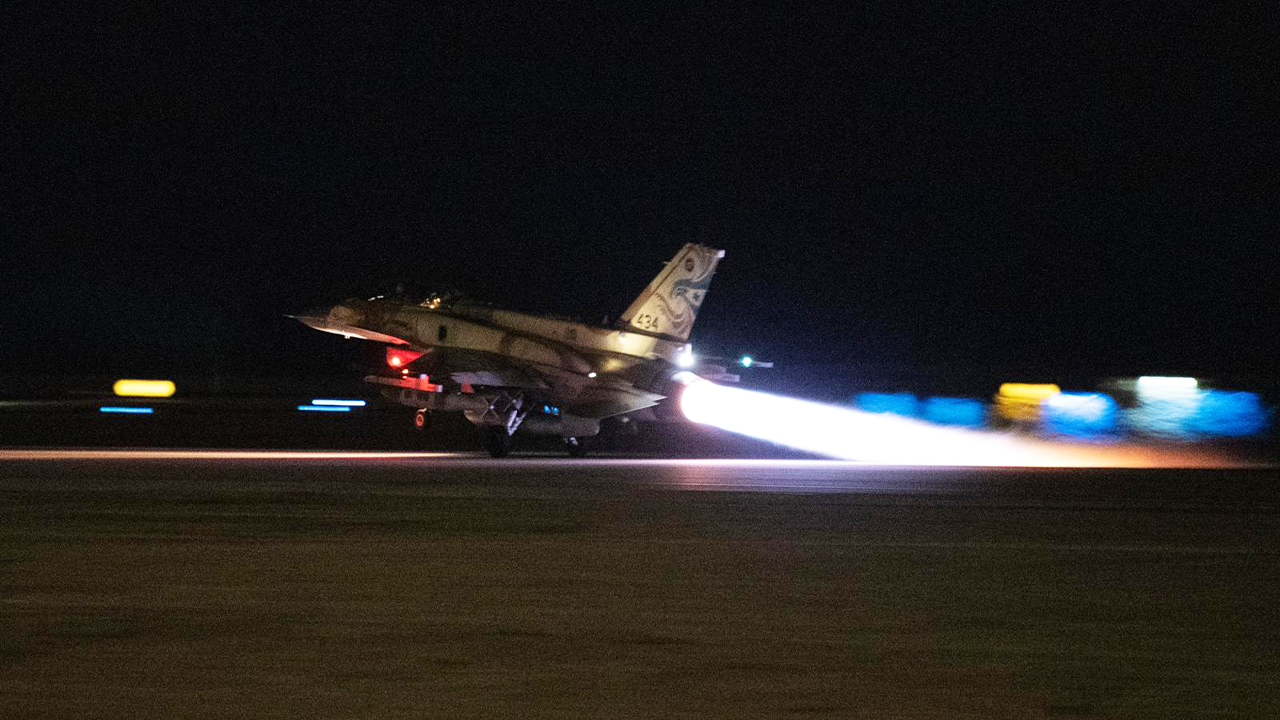France will send its ambassador to the inauguration of Russian President Vladimir Putin for his next six-year term in office on Tuesday, a French diplomatic source said on Monday, in contrast with Germany which said it would not be represented.
Paris’ decision suggests a potential split in the Western camp with several countries, including the Baltic states, vehemently opposed to giving Putin any form of legitimacy and potentially undermining Ukraine in its war with Russia after Moscow launched an invasion more than two years ago.
Putin won a record post-Soviet landslide, cementing his already tight grip on power, in Russia’s presidential election, held in March just weeks after Putin’s most prominent opponent Alexei Navalny died in jail. Western governments condemned the re-election as unfair and undemocratic.
FRENCH CYBERWARRIORS READY TO TEST THEIR DEFENSE AGAINST HACKERS AND MALWARE DURING THE OLYMPICS
“France will be represented by its ambassador to Russia,” a French diplomatic source said.
Russian President Vladimir Putin attends the Orthodox Easter service at the Cathedral of Christ the Savior in Moscow, Russia, May 5, 2024. (Sputnik/Valeriy Sharifulin/Pool via Reuters/File Photo)
The source said Paris had previously condemned the context of repression in which the election was held, depriving voters of a real choice, as well as the organization of elections in Ukrainian territories occupied by Russia, which France considers a violation of international law and the United Nations Charter.
Franco-Russian relations have deteriorated in recent months as Paris has increased its support for Ukraine. Just last week President Emmanuel Macron did not rule out sending troops to Ukraine saying if Russia broke through Ukrainian front lines it would be legitimate to consider it if Kyiv requested the support.
Germany said it would not send a representative to Putin’s inauguration. The Baltic states, which no longer have envoys in Moscow, have also categorically ruled out attending the inauguration.
Two European diplomats said they did not expect the United States to send an envoy to the inauguration, although Washington has not made a public announcement.
“We believe that the isolation of Russia, and especially of its criminal leader, must be continued,” Lithuania’s Foreign Minister Gabrielius Landsbergis said. “Participation in Putin’s inauguration is not acceptable for Lithuania. Our priority remains support for Ukraine and its people fighting against Russian aggression.”




